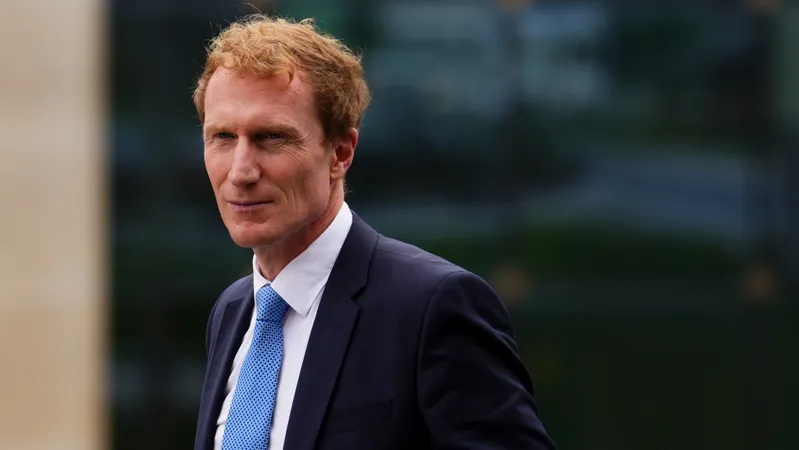
Canada Faces Tough Talks as Trump's Border Chief Brands Northern Border a "National Security Risk"
2024-11-15
Author: William
Canada Faces Tough Talks as Trump's Border Chief Brands Northern Border a "National Security Risk"
As Donald Trump's administration gears up, Canada is bracing for what officials anticipate will be "challenging discussions" regarding border security. Trump's newly appointed border czar, Tom Homan, has raised alarm bells about the Canada-U.S. border, calling it an "extreme national security vulnerability" that needs urgent attention.
At a recent Cabinet Committee on Canada-U.S. Relations meeting, Deputy Prime Minister Chrystia Freeland reassured citizens that the Liberal government is taking border security "very, very seriously." In an interview, Homan emphasized the challenges faced by U.S. border agents as resources have shifted to address illegal immigration at the southern border, leaving them overwhelmed at the North.
Homan articulated concerns about "special interest aliens" from countries with ties to terrorism who could easily exploit the northern border's perceived weaknesses. He insisted that addressing this issue would be a top priority once he assumes his role in the new administration.
Canadian Immigration Minister Marc Miller acknowledged the heightened scrutiny but reaffirmed Canada’s commitment to valid border management, stating, "There need to be tough conversations." Canada continues to apprehend individuals crossing the border outside legal channels, a position that Miller believes aligns with both Canadian and U.S. interests.
Homan, who formerly led Immigration and Customs Enforcement (ICE), has made headlines recently for his controversial stance on immigration, including plans for mass deportations of undocumented immigrants in the U.S. He warned that discussions with Canadian Prime Minister Justin Trudeau would be crucial to ensure compliance with U.S. laws.
In response to Homan's claims, Canada’s Public Safety Minister Dominic LeBlanc outlined Canada’s long-standing success in managing its border, noting that it is "not an open buffet" for migrants. He stressed that anyone attempting to cross illegally would be met with law enforcement.
The conversation about border security is further complicated by a notable surge in asylum seekers heading to Canada, as many anticipate the potential ramifications of Trump's pledge to expel millions of undocumented immigrants. U.S. Customs and Border Protection reported nearly 24,000 migrant encounters at the Canada-U.S. border in the past year—a sharp increase from just 916 in the same timeframe two years earlier.
In anticipation of this influx, the Royal Canadian Mounted Police (RCMP) are preparing contingency measures, including deploying more officers to the border and securing additional resources to accommodate potential asylum seekers. However, there are significant concerns around understaffing at the Canada Border Services Agency (CBSA), with calls for thousands of additional officers to properly maintain control.
Trump's first term saw a wave of undocumented asylum seekers enter Canada, exploiting a loophole in the Safe Third Country Agreement. In response, the Trudeau administration modified the agreement last year to close illegal crossings like Roxham Road. Canada is now navigating a more restrictive immigration approach as the political landscape evolves.
With these dynamics at play, the border conversations between Canada and the incoming U.S. administration promise to be critical in shaping the future of immigration and border security for both nations. As Miller stated, managing migration flows is in the national interest of both countries, setting the stage for continued dialogue on these urgent issues in the months ahead.
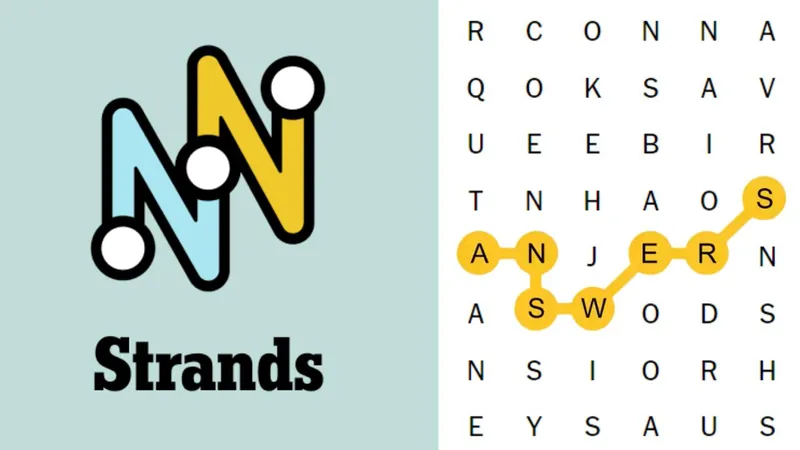
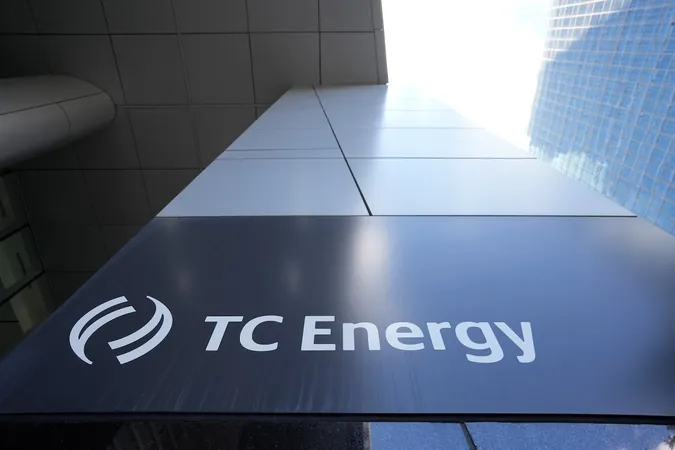
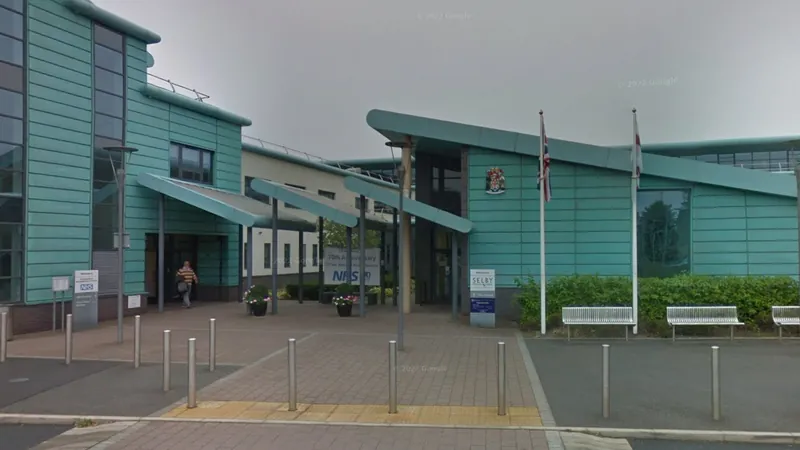
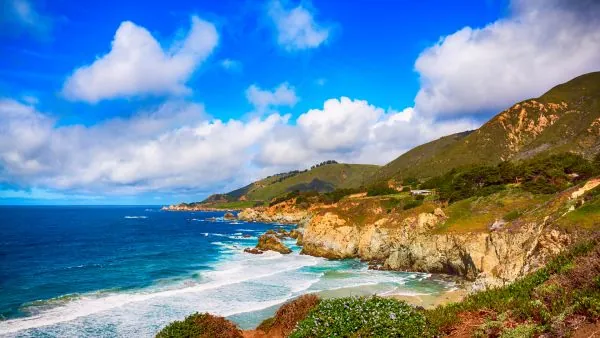


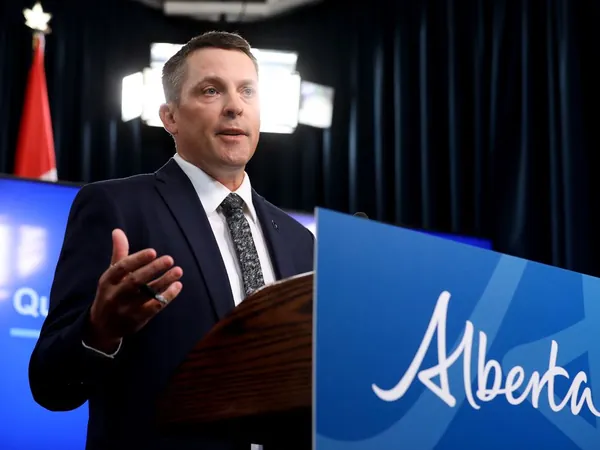

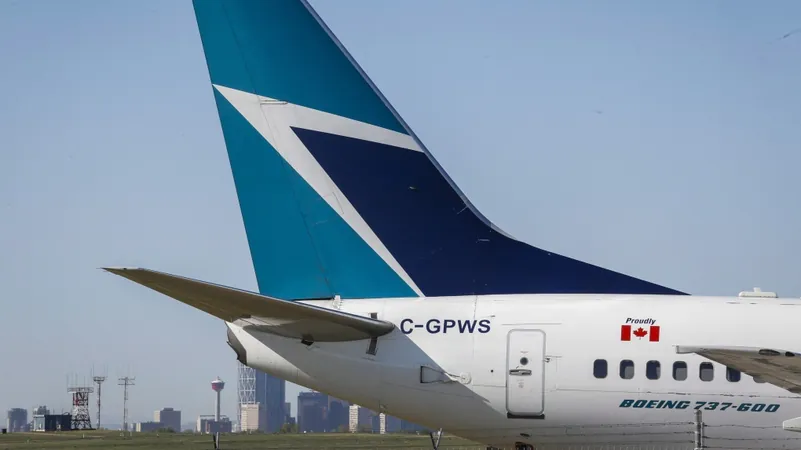
 Brasil (PT)
Brasil (PT)
 Canada (EN)
Canada (EN)
 Chile (ES)
Chile (ES)
 España (ES)
España (ES)
 France (FR)
France (FR)
 Hong Kong (EN)
Hong Kong (EN)
 Italia (IT)
Italia (IT)
 日本 (JA)
日本 (JA)
 Magyarország (HU)
Magyarország (HU)
 Norge (NO)
Norge (NO)
 Polska (PL)
Polska (PL)
 Schweiz (DE)
Schweiz (DE)
 Singapore (EN)
Singapore (EN)
 Sverige (SV)
Sverige (SV)
 Suomi (FI)
Suomi (FI)
 Türkiye (TR)
Türkiye (TR)